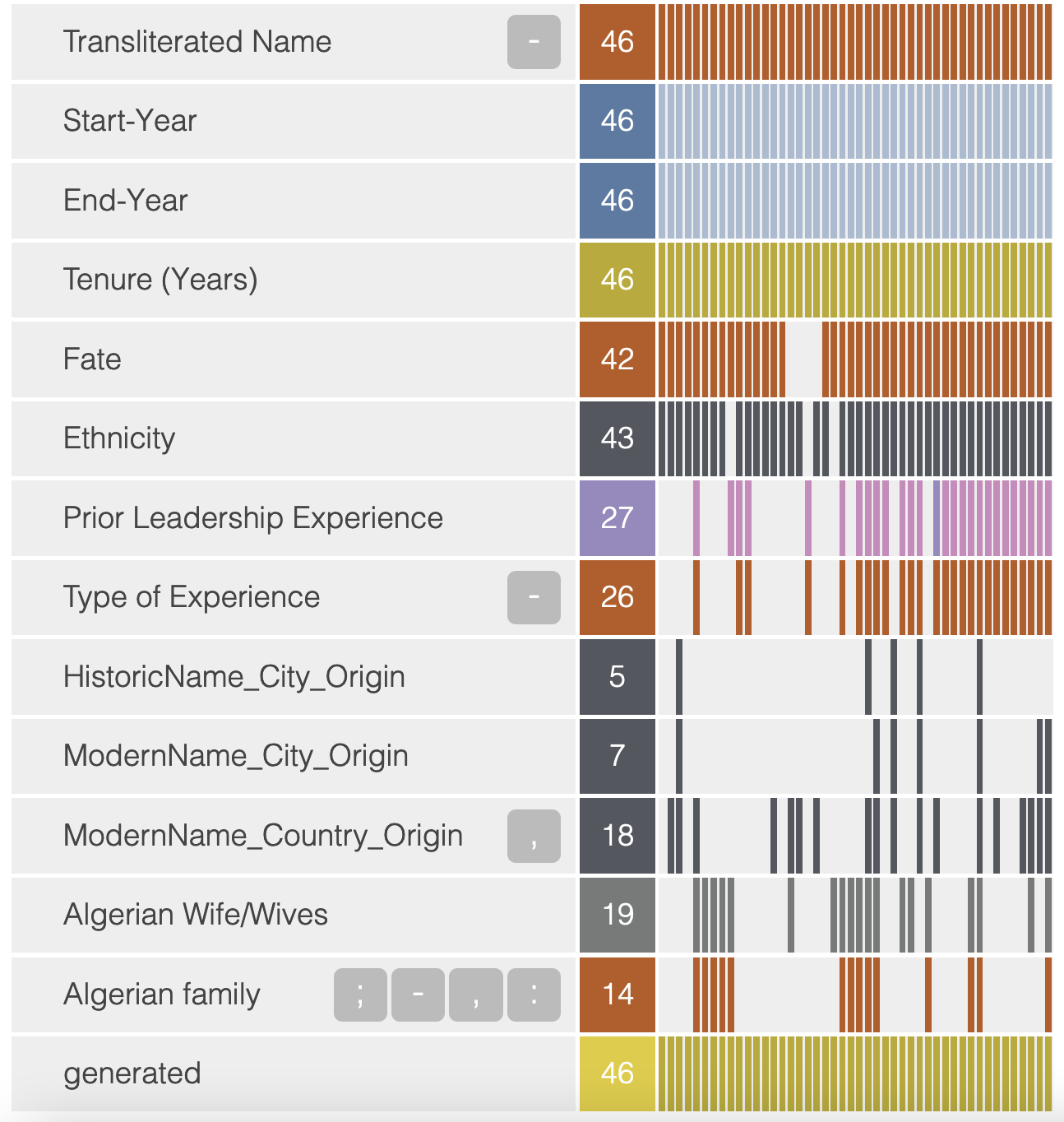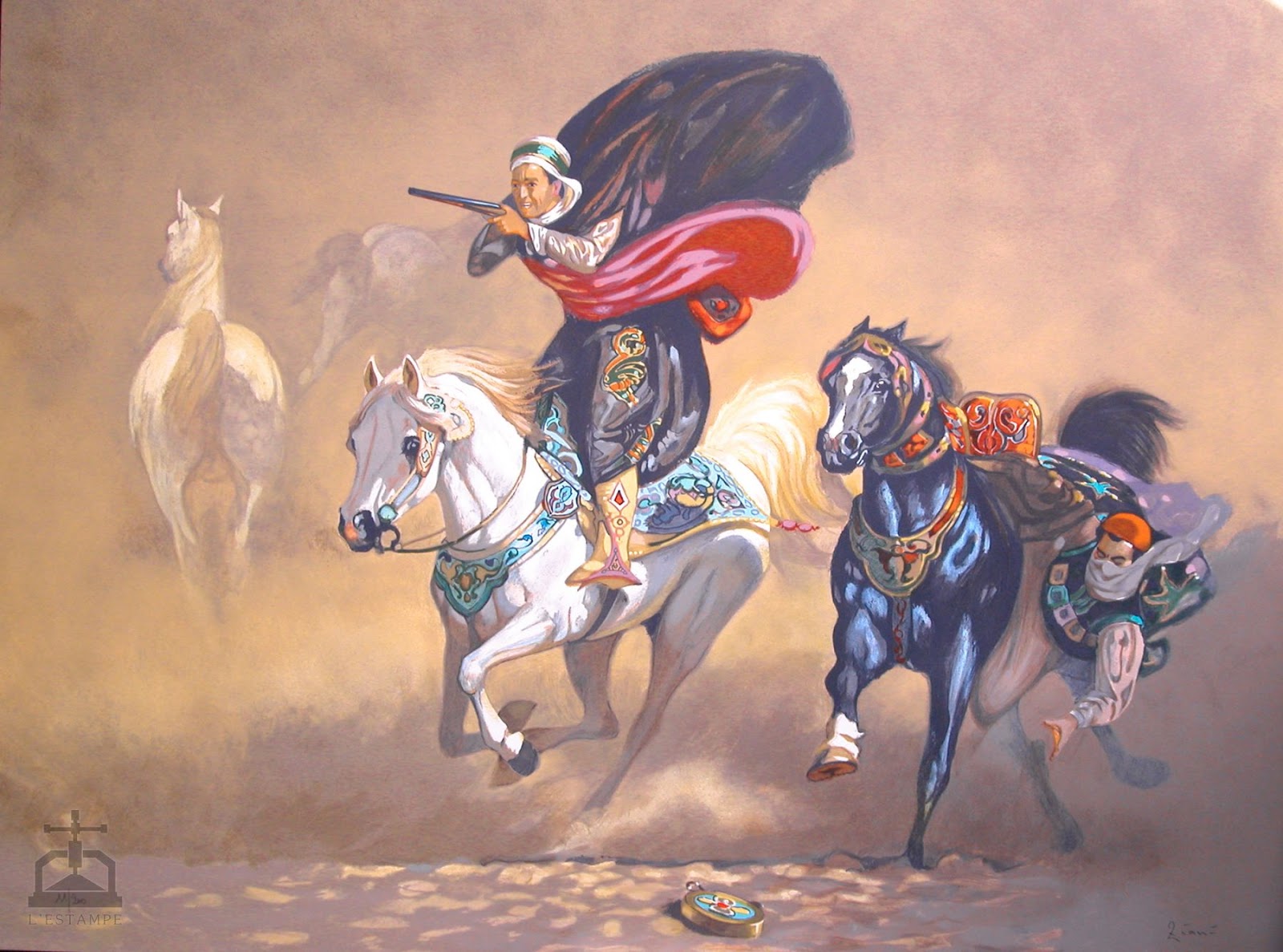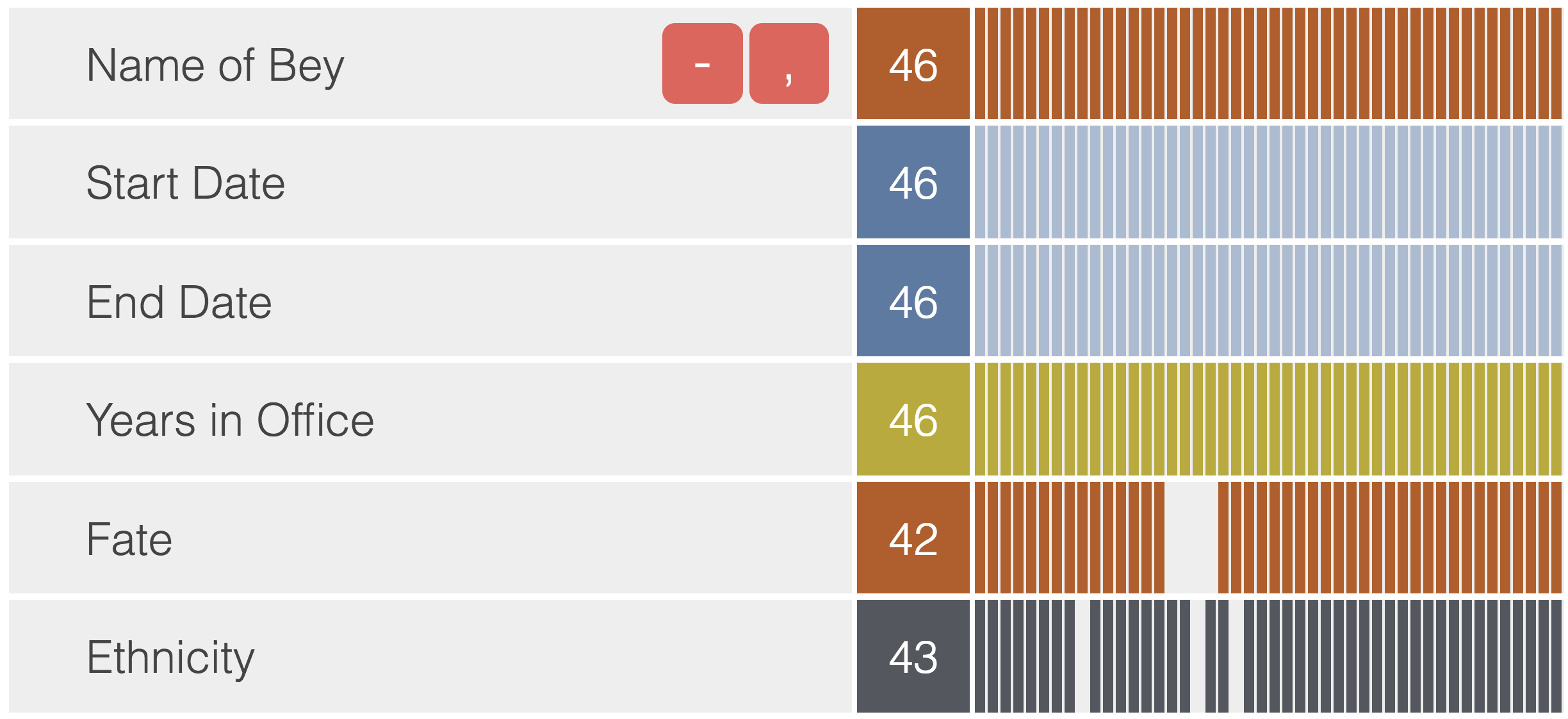In the decades leading up to the French invasion of Algiers, the Ottoman Regency experienced great social, economic, and political upheaval. Dating back to the sixteenth century, the Ottoman governance of Algeria organized political, as well as social, structures and hierarchies. Apart from the imposition of Ottoman governors – provincial beys and the dey who oversaw them from Algiers – and Janissaries to maintain order, Ottoman imperial governance placed few burdens on the Algerian people. The taxes were not onerous, and unlike Egypt, Algerians were never conscripted through the corvée system of forced labor.[58] However, as European nations were more easily able to exert power in the Mediterranean, Algerians endured greater economic hardship and political instability through the erosion of their revenue streams. At the same time that European navies successfully undermined Barbary privateering operations that stabilized Algerian politics, the Napoleonic Wars disrupted international trade. Moreover, the Bubonic Plague swept across North Africa every few years, decimating the population, even as it faced poor harvests and famine. By the time the French invaded in 1827, Algeria had lost much of its citizenry to disease and starvation.
A View of Algeria in 1830
Posted in Research


